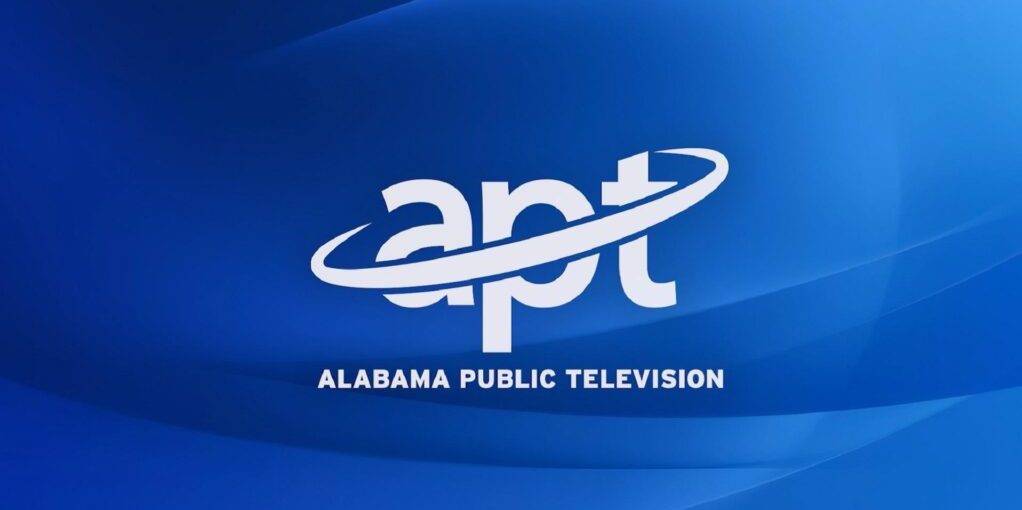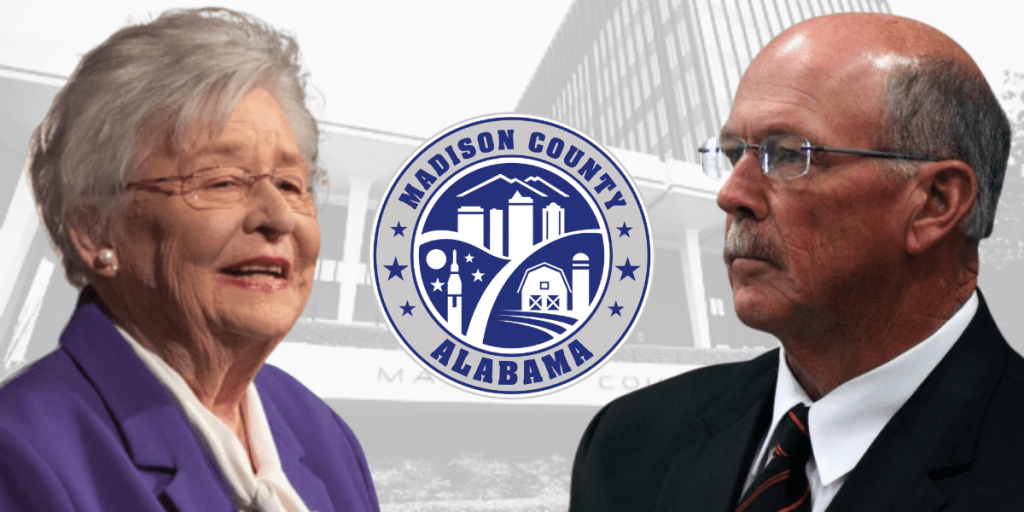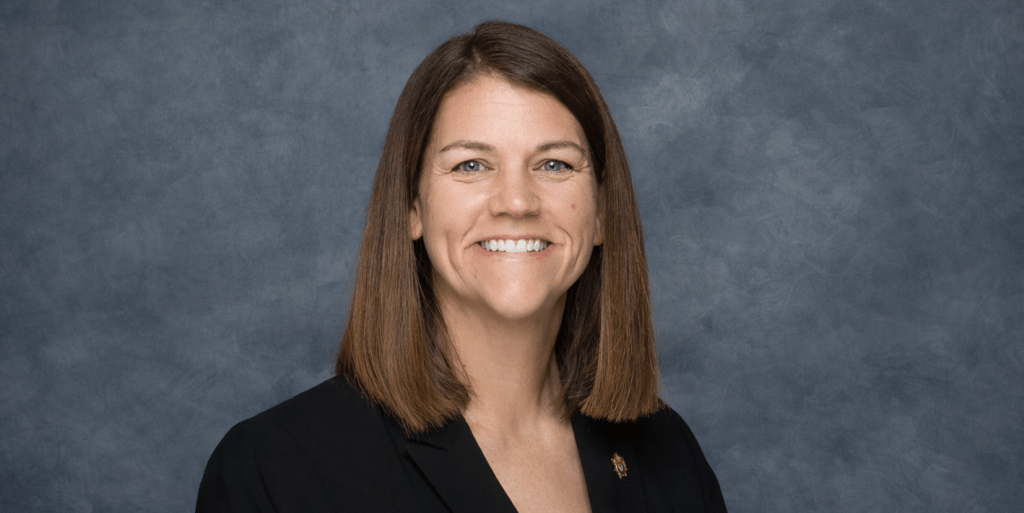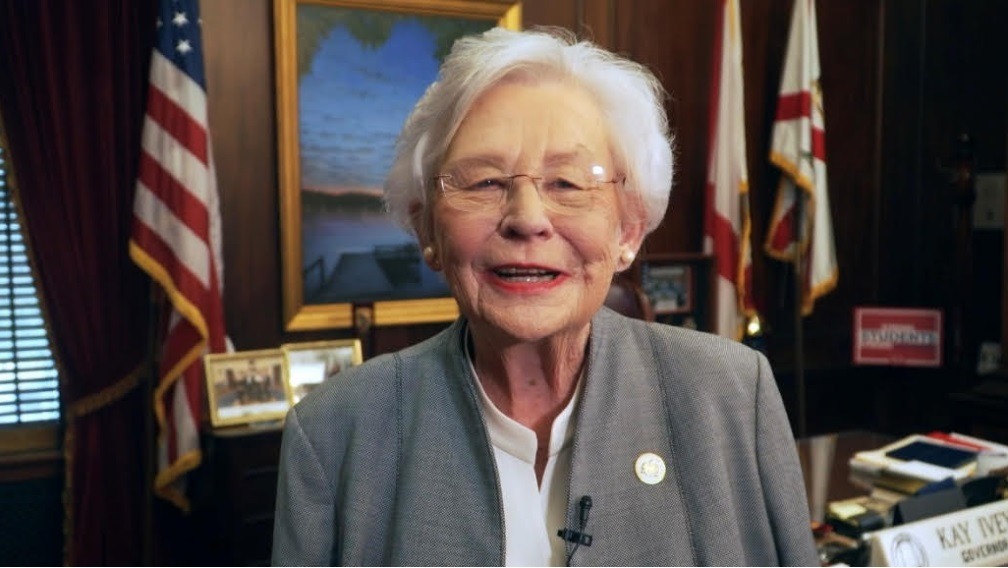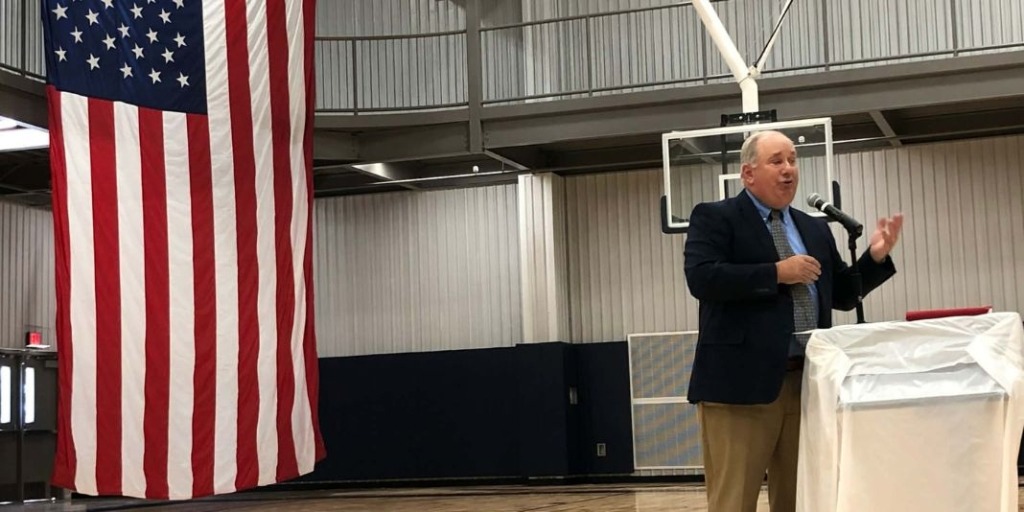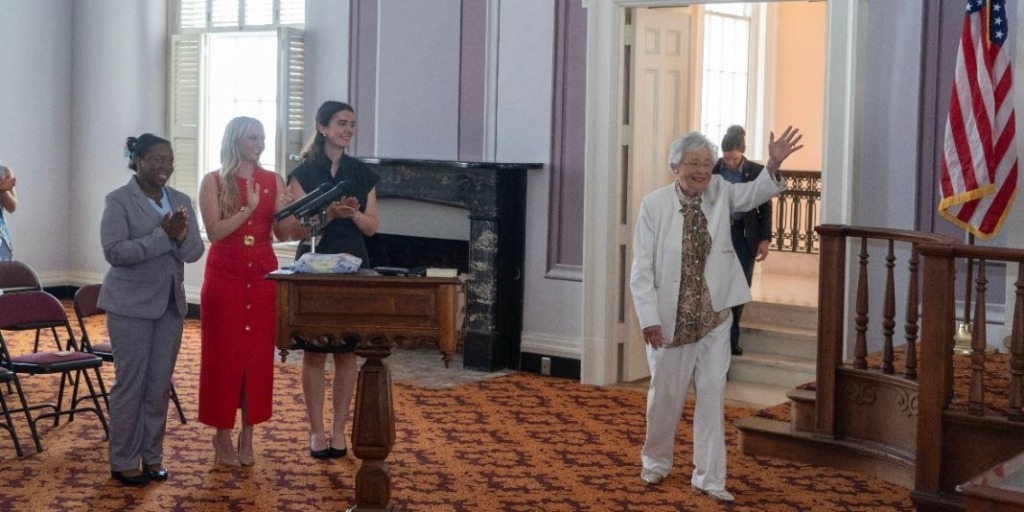MONTGOMERY — Whlle stating Alabame Public Television must “align with Alabama values,” Gov. Kay Ivey today said planning is needed on the issue of the network disaffiliating from PBS.
 At a meeting last month, APT board members and commissioners discussed severing its affiliation with PBS due to questions about the programming of the national organization. The discussions are also in the wake of President Donald Trump cutting $1.1 billion from the Corporation for Public Broadcasting in July.
At a meeting last month, APT board members and commissioners discussed severing its affiliation with PBS due to questions about the programming of the national organization. The discussions are also in the wake of President Donald Trump cutting $1.1 billion from the Corporation for Public Broadcasting in July.
In those cuts, APT lost more than $2.8 million in funding from the CPB, nearly 13% of its budget. In September, APT laid off 11 employees, about 15% of its staff.
“For the sake of our people, it is imperative that APT’s programming align with Alabama values. At the same time, I have also strived to ensure that state government operates in an orderly fashion, with due regard for deliberation and collaboration among stakeholders.”
This won’t be the first time commission was involved in controversial decisions involving programming.
In 1976, the FCC delayed renewed and then briefly revoked licenses because the network refused to carry programs about the Vietnam War or the Black community.
Then, in May 2019, APT and the Arkansas Education Television Network refused to air an episode of the children’s series “Arthur” because it featured a same-sex marriage.
If the APT does cut its PBS ties, it will have to come up with about 90% of its programming – including all of the educational programs during the day. APT would lose access to programming such as “Sesame Street,” “Mr. Rogers’ Neighborhood,” “Daniel Tiger’s Neighborhood,” and “PBS News Hour.”
At last month’s meeting, board members discussed an “a la carte” alternative and find out if APT can pick and choose its programming from PBS. The commission’s next meeting is Tuesday.
Ivey said she is asking the commission to do two things before disaffiliating from PBS, without direction from the Legislature.
“First, the commission should thoroughly survey Alabama voters to ensure their voices are heard,” she wrote. “Indeed, it is the commission’s statutory duty to ‘survey, study, and appraise‘ the need for a public television plan in Alabama. The survey should be specific to Alabama, gauging our citizens‘ views not just on the policy reasons for disaffiliation but also on likely next steps for APT should disaffiliation occur. The survey should also be conducted over a sustained period of time.
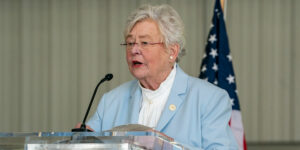
“If the commission is going to disaffiliate from PBS, it should do so in response to trends in voter opinion, not just an isolated snapshot.”
In a nod toward transparency, the governor said the commission should also prepare a “thorough disaffiliation plan for public review.”
“The commission was established by law ‘for the purpose of making the benefits of educational television available to, and promoting its use by, inhabitants of Alabama,’” she wrote. “Before the commission votes to disaffiliate with PBS, it should therefore develop a written plan identifying the reasons for such a move and specific ways to ensure that the commission will continue fulfilling its legal duty.
“This plan, moreover, should be available for public review for a considerable length of time before any vote is taken. The commission could even take its plan to focus groups around the state to ensure full public consideration.”
Ivey also brought up concerns about those who doubt that the government should be in the public television business.
“I am aware of, and even sympathetic to, the belief that maintaining a public television network is not a proper function of government,” she wrote. “But whether the state should or should not operate public television is a question for our Legislature, and current law makes clear the commission’s function.
“Until the Legislature decides otherwise, it is our duty in the executive branch to faithfully implement that law as I have outlined above.”


